Home>Gardening & Outdoor>Landscaping Ideas>How Often To Water Bermuda Grass
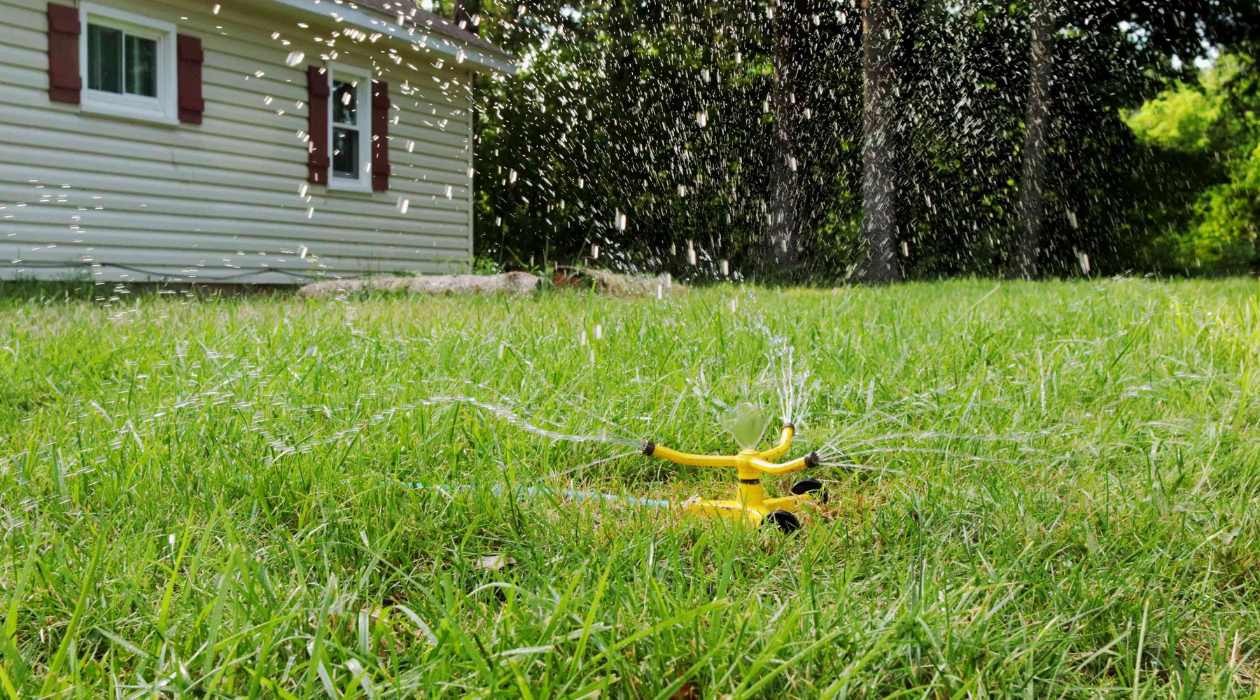

Landscaping Ideas
How Often To Water Bermuda Grass
Modified: May 29, 2024
Learn the best watering schedule for Bermuda grass in your landscaping. Find expert tips and ideas for maintaining a healthy lawn.
(Many of the links in this article redirect to a specific reviewed product. Your purchase of these products through affiliate links helps to generate commission for Storables.com, at no extra cost. Learn more)
**
Introduction
**
Bermuda grass, known for its resilience and vibrant green color, is a popular choice for lawns due to its ability to thrive in warm climates. However, to maintain its lush appearance, proper watering is essential. Determining the ideal watering frequency for Bermuda grass involves understanding various factors such as climate, soil type, and grass health. By grasping the signs of overwatering and underwatering, as well as adopting best practices, you can ensure that your Bermuda grass flourishes. Let's explore the nuances of watering this resilient grass to help you achieve a healthy and vibrant lawn.
**
Key Takeaways:
- Understanding the factors that affect Bermuda grass watering frequency, like climate and soil type, helps maintain a healthy lawn and vibrant green color.
- By recognizing signs of overwatering and underwatering, and following best practices like deep watering and early morning watering, you can nurture resilient and beautiful Bermuda grass.
Read more: How Often To Fertilize Bermuda Grass
Factors Affecting Watering Frequency
**
Several factors play a crucial role in determining the optimal watering frequency for Bermuda grass. Understanding these elements is essential for maintaining a healthy and vibrant lawn.
- Climate: The climate of your region significantly impacts the watering needs of Bermuda grass. In hot and arid climates, more frequent watering is necessary to prevent the grass from drying out. Conversely, in cooler and more humid climates, less frequent watering may be sufficient.
- Soil Type: The composition of the soil in which Bermuda grass is planted influences its water retention capacity. Sandy soils drain water more quickly, requiring more frequent watering, while clay soils retain moisture for longer periods, necessitating less frequent watering.
- Grass Health: The overall health of the grass also affects its watering requirements. Well-maintained, healthy Bermuda grass may require less frequent watering compared to stressed or damaged grass.
- Seasonal Variations: As the seasons change, so do the watering needs of Bermuda grass. During the warmer months, the grass may require more frequent watering to combat the heat, while in cooler months, less frequent watering may be sufficient.
- Watering Method: The method of watering, such as using sprinklers or drip irrigation, can impact the frequency at which Bermuda grass needs to be watered. Efficient watering methods can reduce the frequency of watering while ensuring adequate moisture penetration.
By considering these factors and monitoring the condition of your Bermuda grass, you can determine the most suitable watering frequency to promote its health and vitality.
**
Signs of Overwatering Bermuda Grass
**
While proper watering is essential for the health of Bermuda grass, overwatering can lead to a host of issues that detrimentally impact its growth and appearance. Recognizing the signs of overwatering is crucial for preventing these problems and maintaining a thriving lawn.
1. Waterlogged Soil: Overwatering can result in waterlogged soil, making it difficult for the grass roots to access oxygen, leading to stress and potential decline.
2. Fungus and Disease: Excessive moisture creates a favorable environment for fungal growth and disease development, which can manifest as discolored patches or unusual growth on the grass.
3. Yellowing and Wilting: Overwatered Bermuda grass may exhibit yellowing or wilting, indicating that the roots are struggling due to the abundance of moisture.
4. Increased Weed Growth: Overwatering can promote the growth of weeds, as the excess moisture encourages weed seeds to germinate and thrive, competing with the grass for resources.
5. Reduced Resilience: Overwatered grass may become less resilient to environmental stressors, making it more susceptible to damage from foot traffic and mowing.
6. Unpleasant Odor: Stagnant water and excessive moisture can produce unpleasant odors in the lawn, signaling an overwatering issue.
By paying attention to these signs and adjusting your watering practices accordingly, you can prevent the negative effects of overwatering and promote the overall health and vigor of your Bermuda grass.
**
Water Bermuda grass deeply and infrequently, about 1-1.5 inches per week, depending on the weather. Water in the morning to reduce evaporation and the risk of disease.
Signs of Underwatering Bermuda Grass
**
Recognizing the signs of underwatering in Bermuda grass is essential for maintaining its health and vitality. Insufficient moisture can lead to stress and damage, impacting the appearance and resilience of the grass. By understanding the indicators of underwatering, you can take proactive measures to ensure your Bermuda grass receives adequate hydration.
1. Discoloration: Underwatered Bermuda grass may exhibit a dull, bluish-gray hue, signaling its distress and the need for more water.
2. Stunted Growth: Insufficient moisture can impede the growth of Bermuda grass, resulting in a lack of lushness and vibrancy.
3. Curling Leaves: The blades of underwatered grass may curl or fold in an attempt to conserve moisture, indicating the need for more frequent watering.
4. Reduced Elasticity: Underwatered grass may lose its elasticity, becoming brittle and prone to damage from foot traffic and environmental stressors.
5. Sparse Thatch: Inadequate moisture can lead to thinning of the thatch layer, diminishing the protective barrier for the grass roots.
6. Footprinting: Underwatered Bermuda grass may retain footprints and show signs of stress when subjected to pressure, reflecting its inability to recover due to insufficient hydration.
By observing these signs and adjusting your watering schedule to provide adequate moisture, you can help your Bermuda grass thrive and maintain its lush, resilient appearance.
**
Best Practices for Watering Bermuda Grass
**
Implementing best practices for watering Bermuda grass is essential for promoting its health and vibrancy. By following these guidelines, you can ensure that your lawn receives the optimal amount of moisture, fostering lush growth and resilience.
1. Deep and Infrequent Watering: Instead of frequent shallow watering, aim for deep and infrequent watering sessions to encourage the development of deep roots, which enhances the grass’s ability to withstand drought and stress.
2. Early Morning Watering: Water your Bermuda grass early in the morning to minimize water loss due to evaporation. This allows the grass blades to dry during the day, reducing the risk of fungal diseases.
3. Monitor Soil Moisture: Regularly assess the moisture level of the soil to determine when watering is necessary. Use a screwdriver or soil moisture meter to gauge the depth of moisture penetration.
4. Adjust for Seasonal Variations: Modify your watering schedule based on seasonal changes. During periods of heat and drought, increase the frequency of watering, while reducing it during cooler and wetter seasons.
5. Proper Irrigation System: Ensure that your irrigation system, whether it’s a sprinkler or drip system, is functioning efficiently to deliver water evenly across the lawn without wastage or runoff.
6. Water Conservation: Practice water conservation by avoiding unnecessary watering, fixing leaks promptly, and considering drought-tolerant landscaping practices to minimize water usage.
7. Observe Grass Health: Pay attention to the overall health and appearance of your Bermuda grass. Adjust your watering practices based on the grass’s response to ensure it remains healthy and vibrant.
By incorporating these best practices into your lawn care routine, you can establish optimal watering habits that support the long-term health and beauty of your Bermuda grass.
**
Read more: How Often To Cut Bermuda Grass
Conclusion
**
Proper watering is a cornerstone of maintaining a lush and vibrant Bermuda grass lawn. By understanding the factors that influence watering frequency, recognizing the signs of overwatering and underwatering, and implementing best practices, you can nurture healthy and resilient grass that enhances the beauty of your outdoor space.
It’s essential to tailor your watering schedule to the specific needs of Bermuda grass, considering factors such as climate, soil type, and seasonal variations. By doing so, you can optimize moisture levels to promote deep root growth and overall grass health.
Regular monitoring of your lawn’s condition and adjusting your watering practices accordingly will help prevent issues associated with overwatering or underwatering. Additionally, by embracing water conservation practices and efficient irrigation methods, you can support the sustainability of your lawn care efforts while promoting the health of your Bermuda grass.
Ultimately, a well-maintained and properly watered Bermuda grass lawn not only adds aesthetic value to your property but also provides a welcoming outdoor environment for relaxation and recreation. By nurturing your Bermuda grass with attentive and informed watering practices, you can enjoy a vibrant and resilient lawn that enhances the overall appeal of your landscape.
Embracing these principles of responsible and effective watering will not only benefit your Bermuda grass but also contribute to the sustainability and beauty of your outdoor living space for years to come.
Frequently Asked Questions about How Often To Water Bermuda Grass
Was this page helpful?
At Storables.com, we guarantee accurate and reliable information. Our content, validated by Expert Board Contributors, is crafted following stringent Editorial Policies. We're committed to providing you with well-researched, expert-backed insights for all your informational needs.
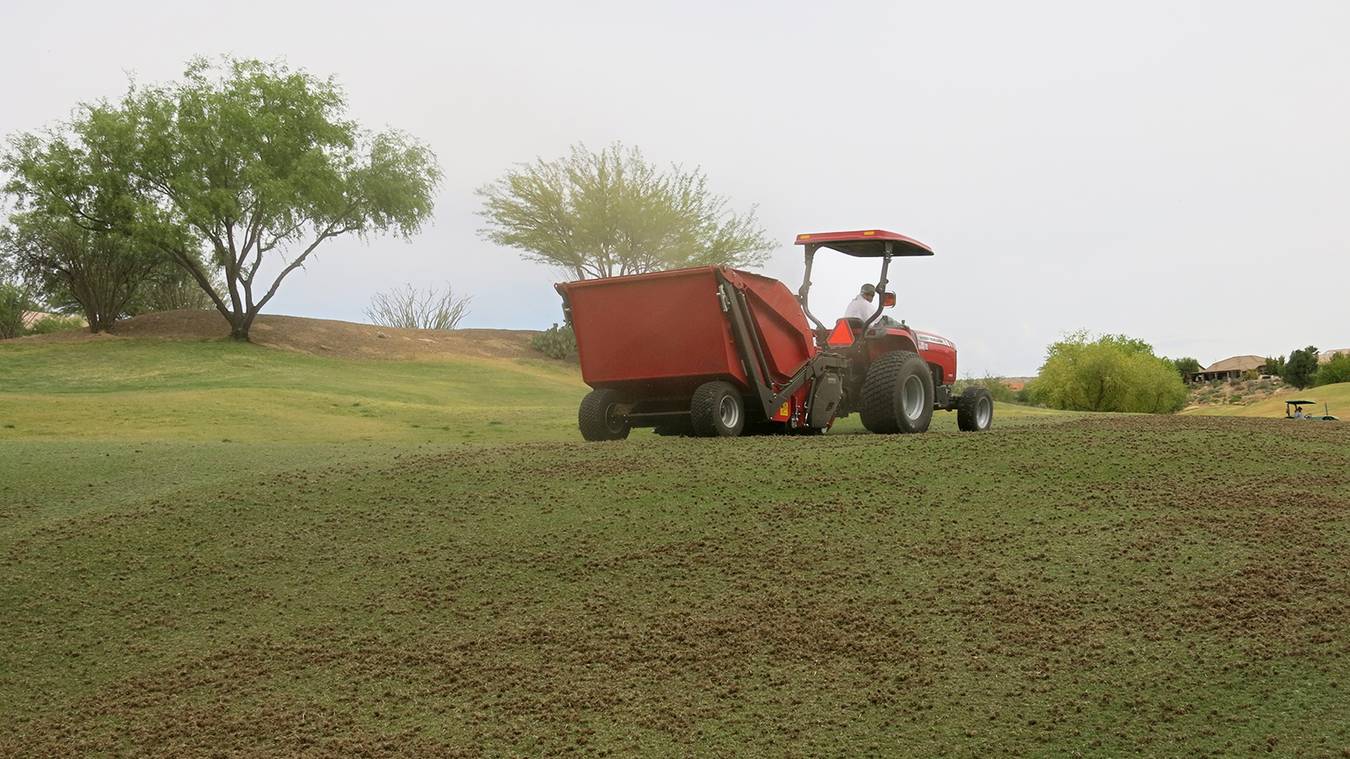
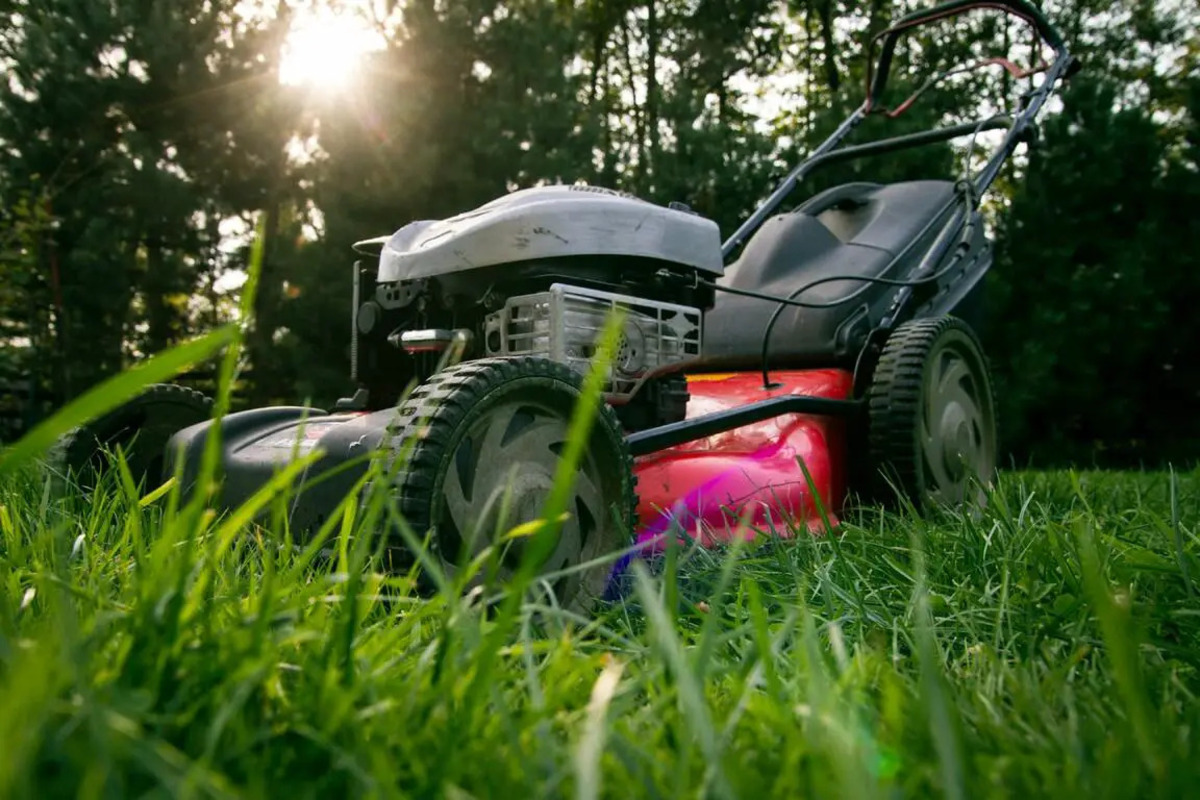
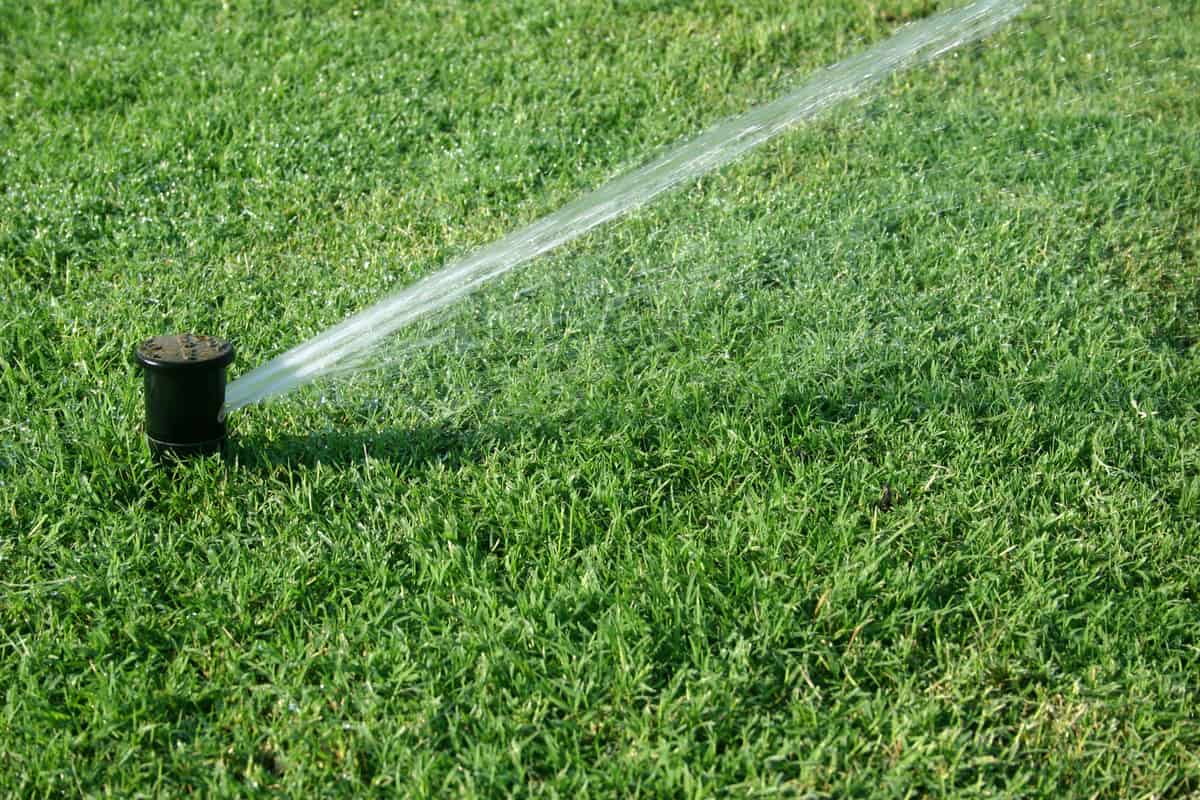
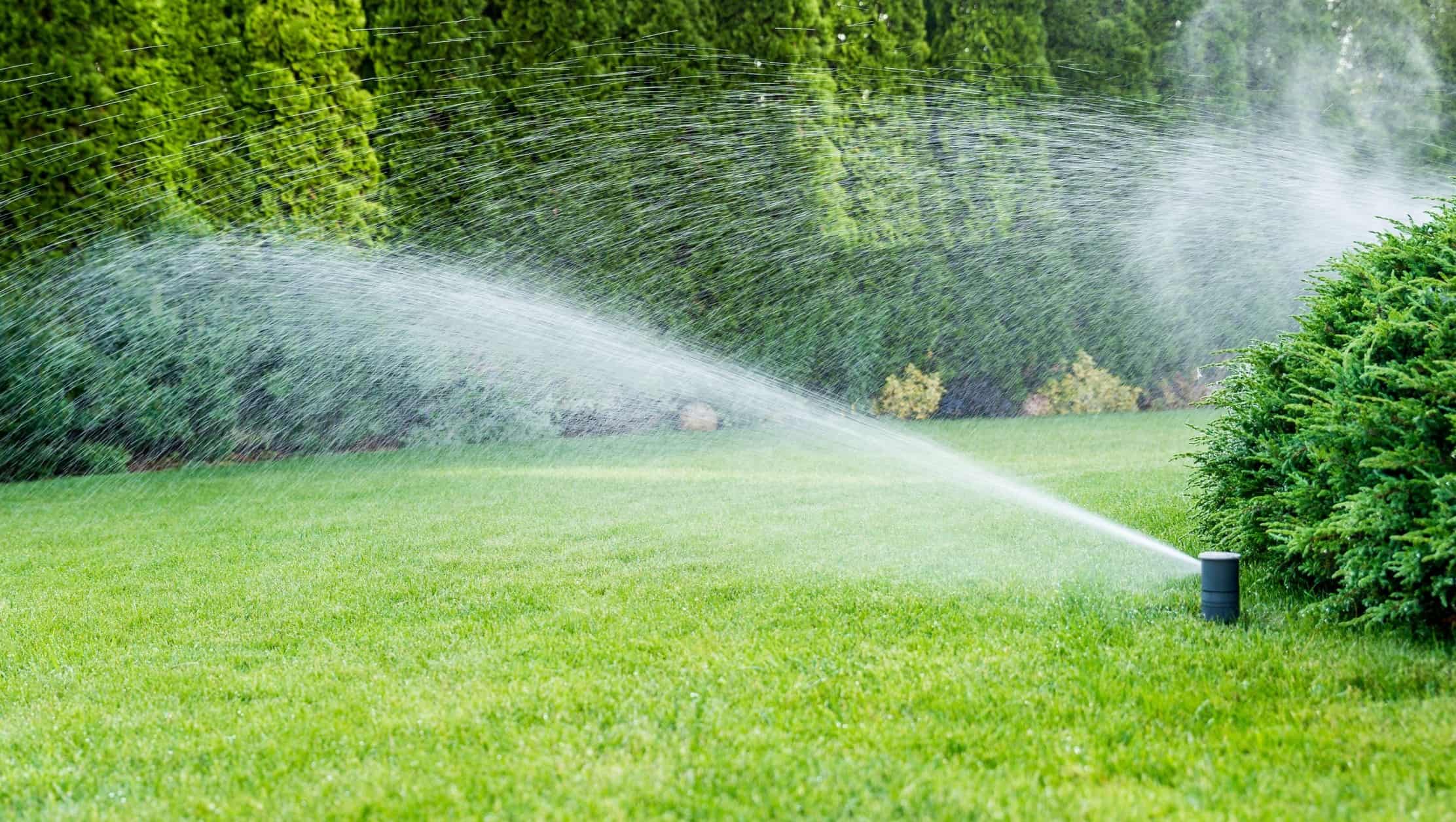
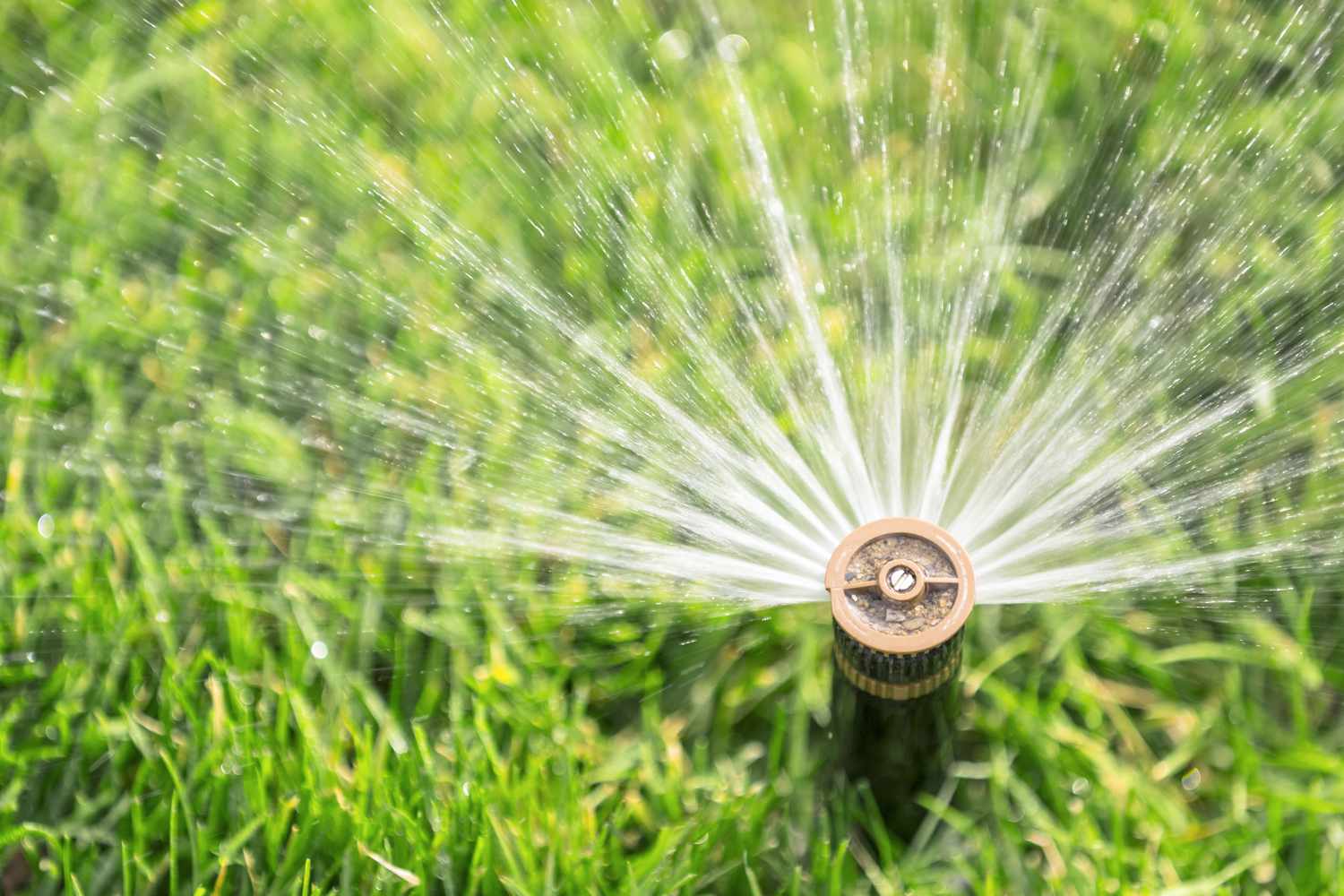
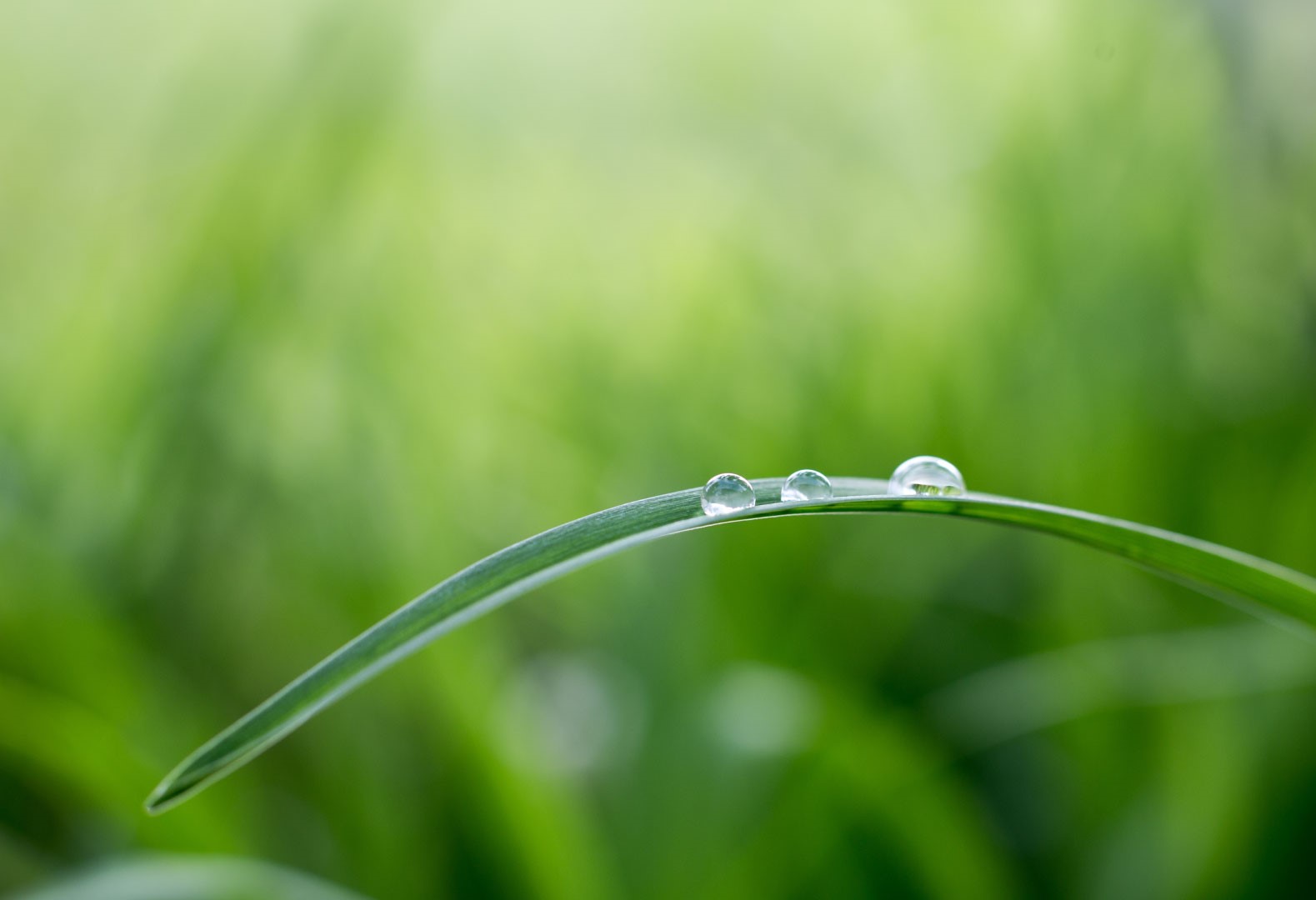
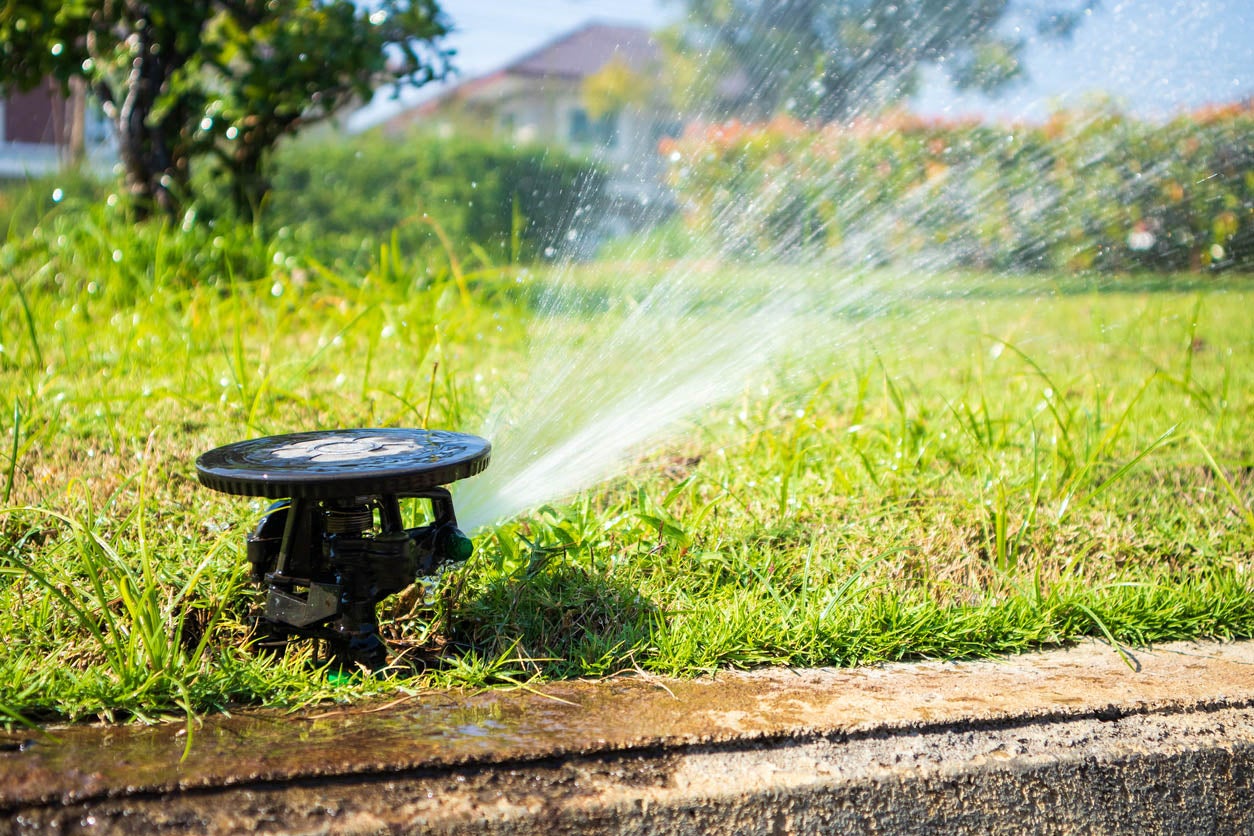
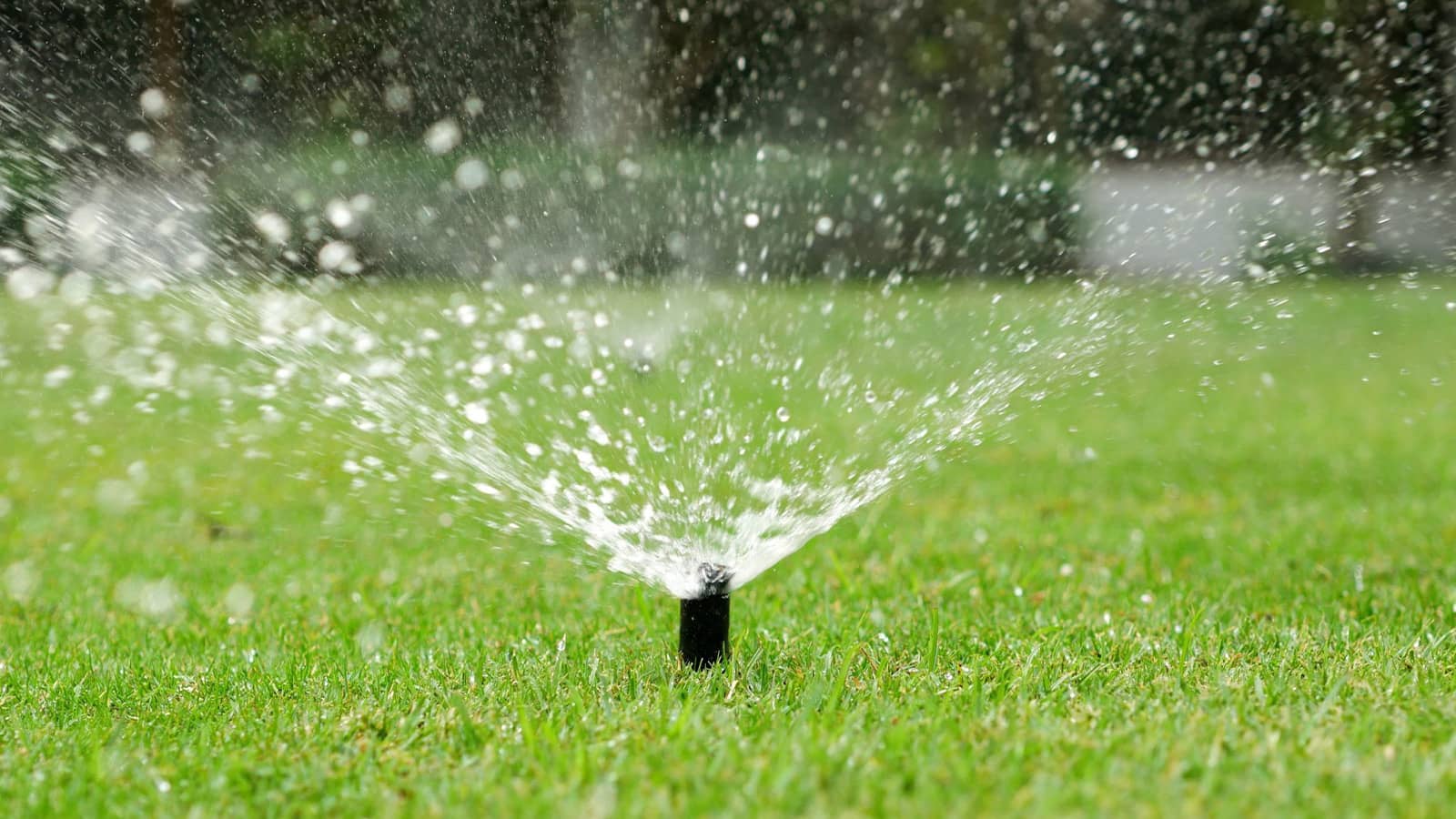
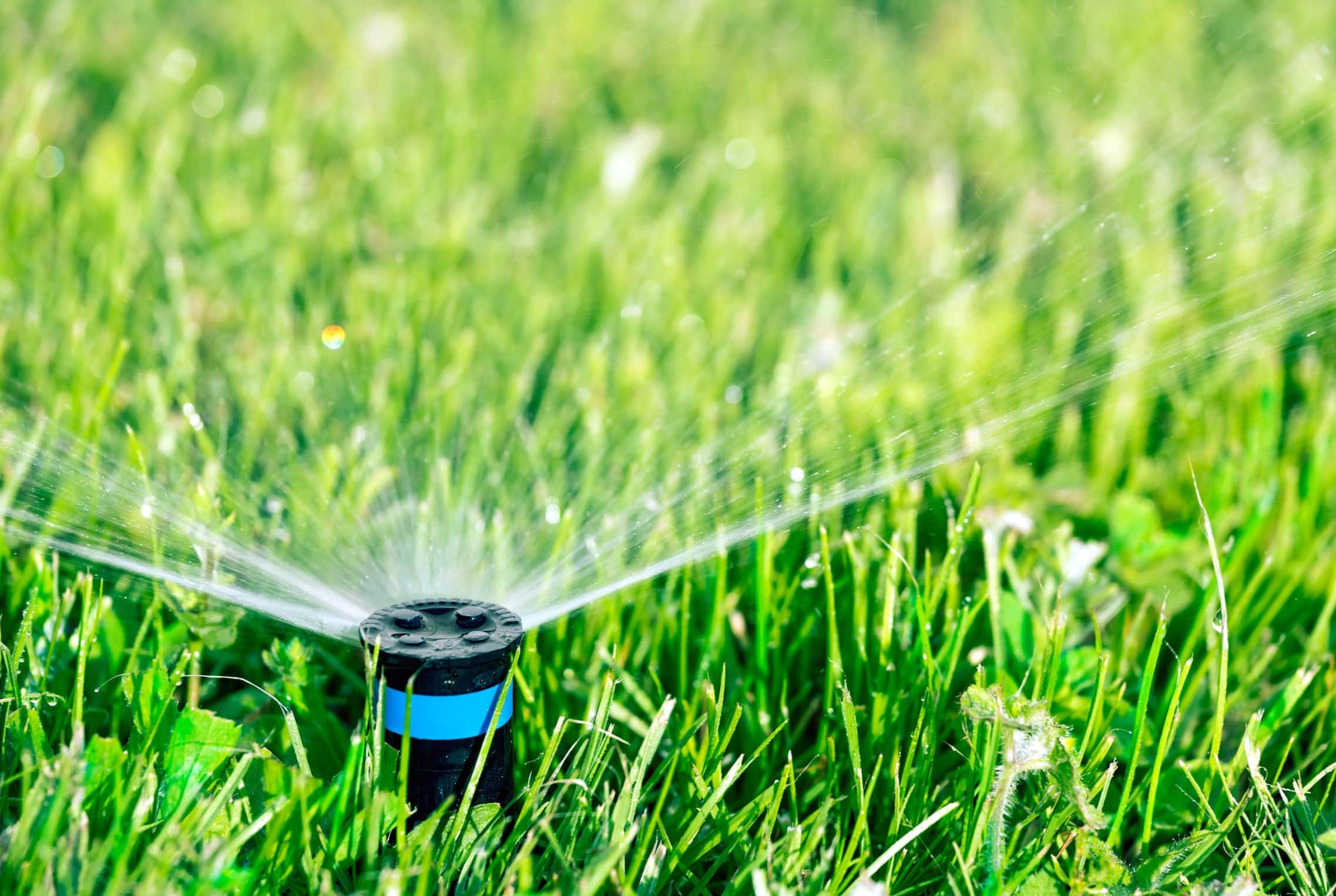
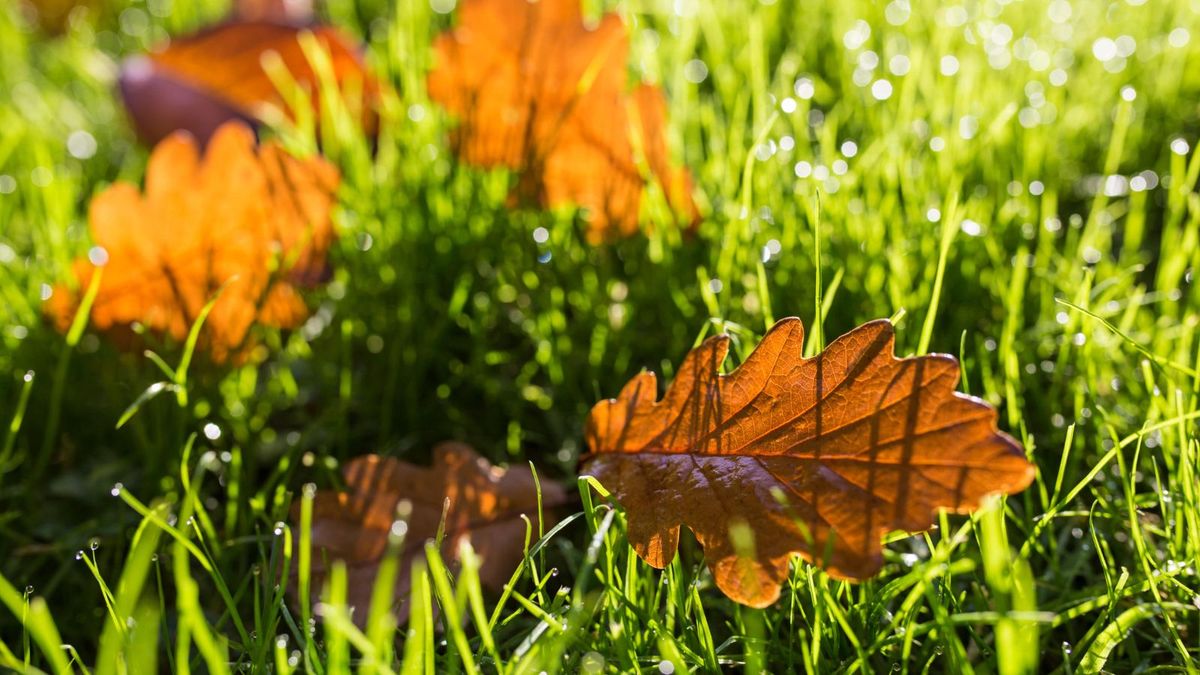

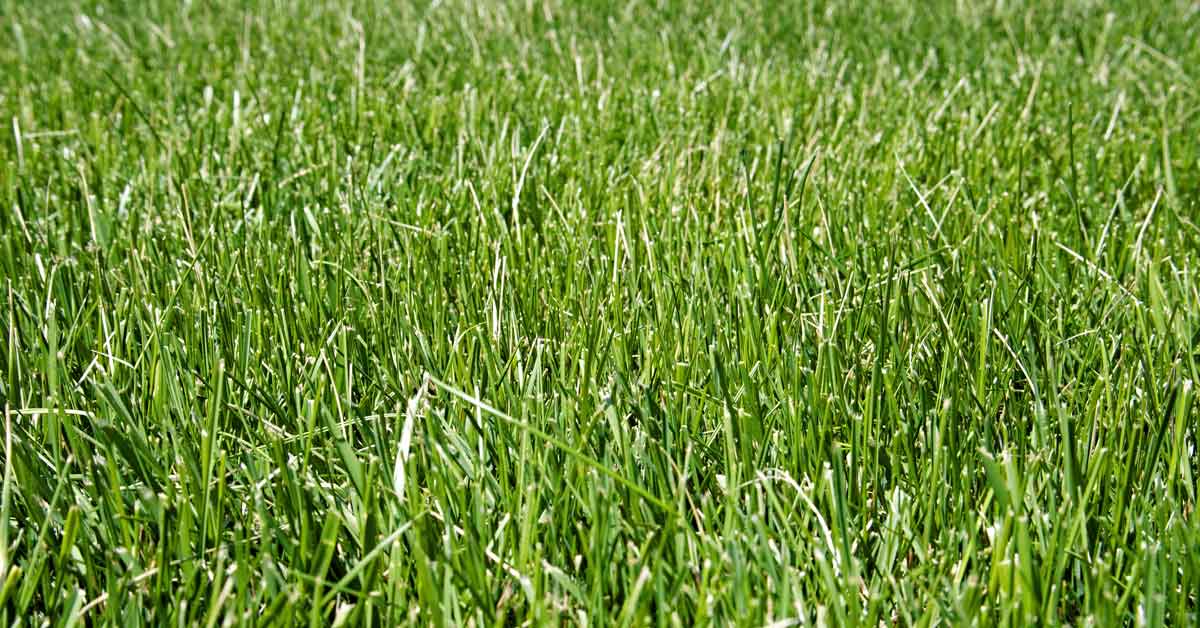
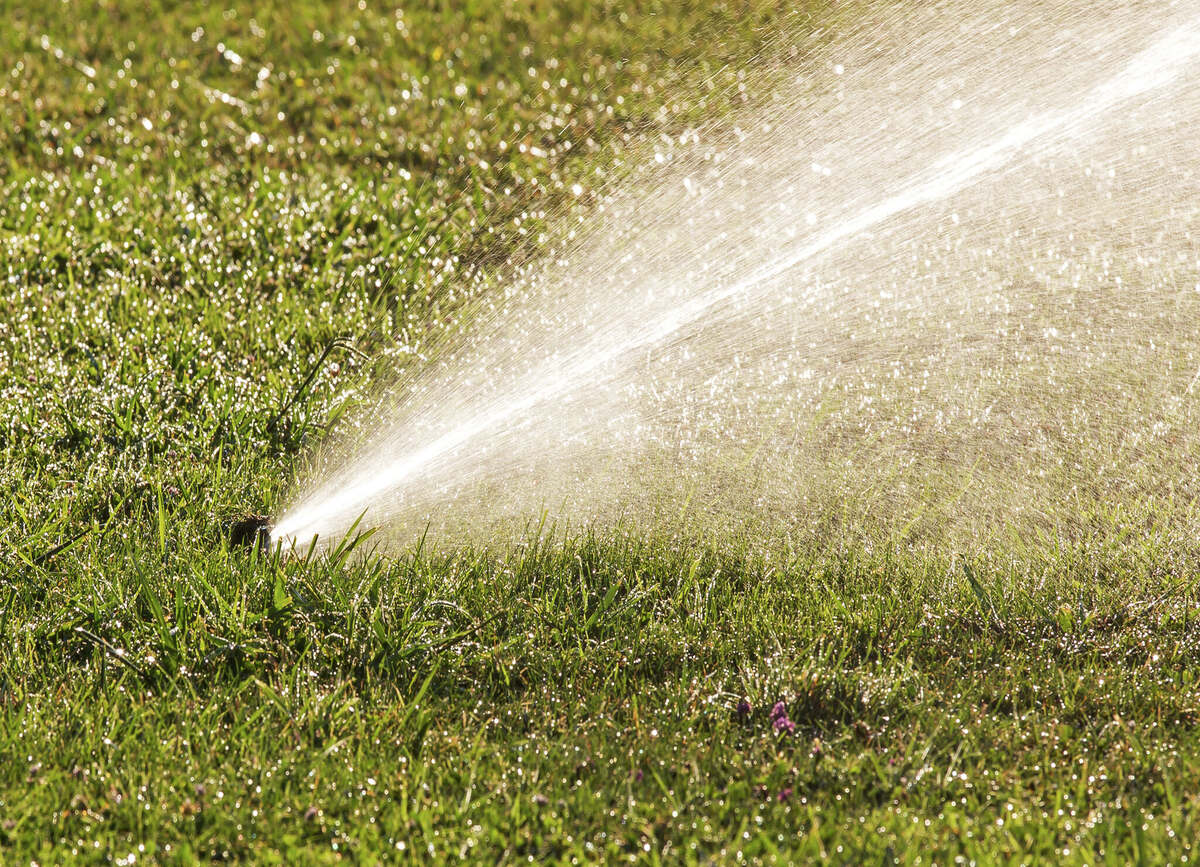
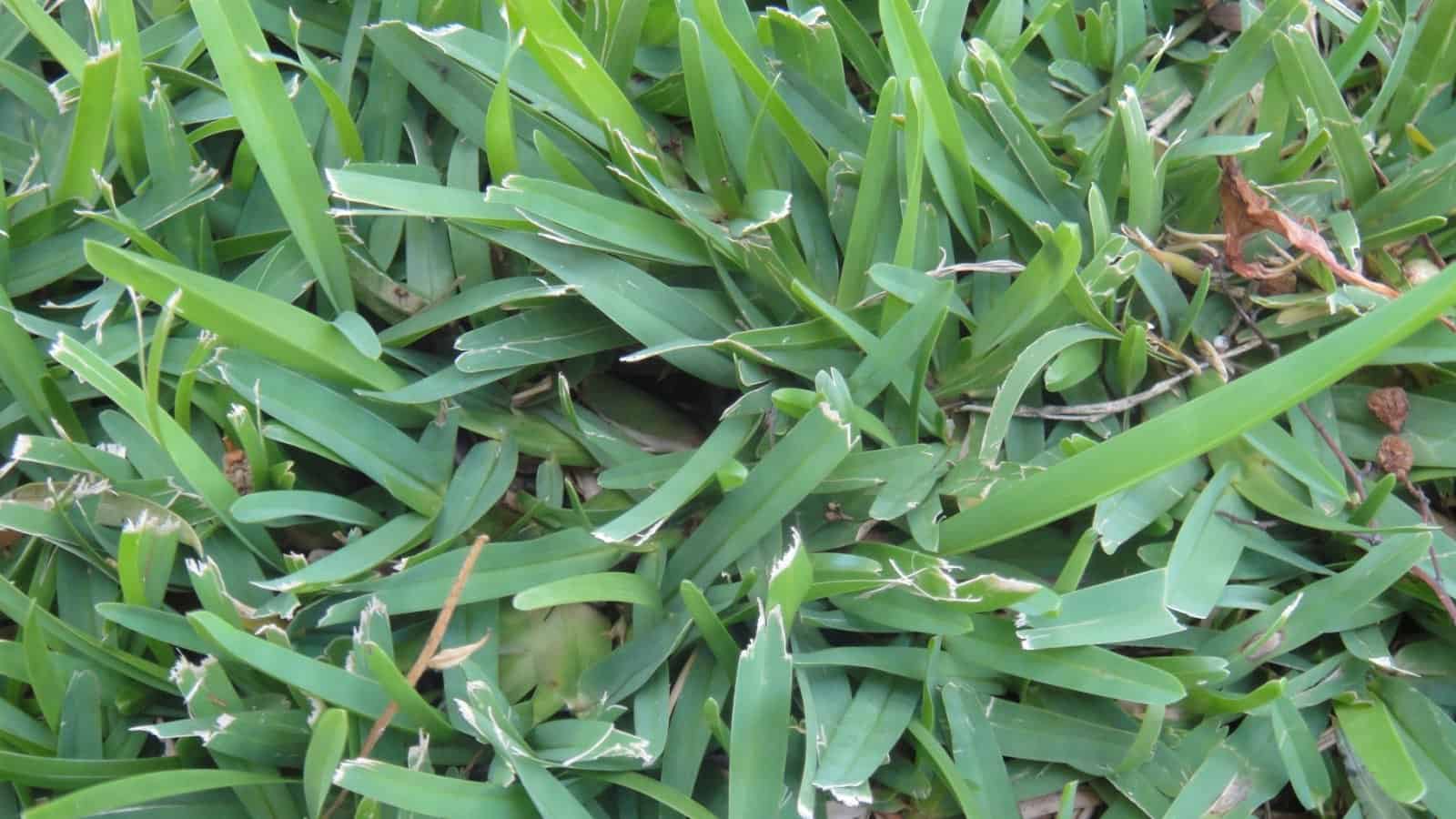

0 thoughts on “How Often To Water Bermuda Grass”